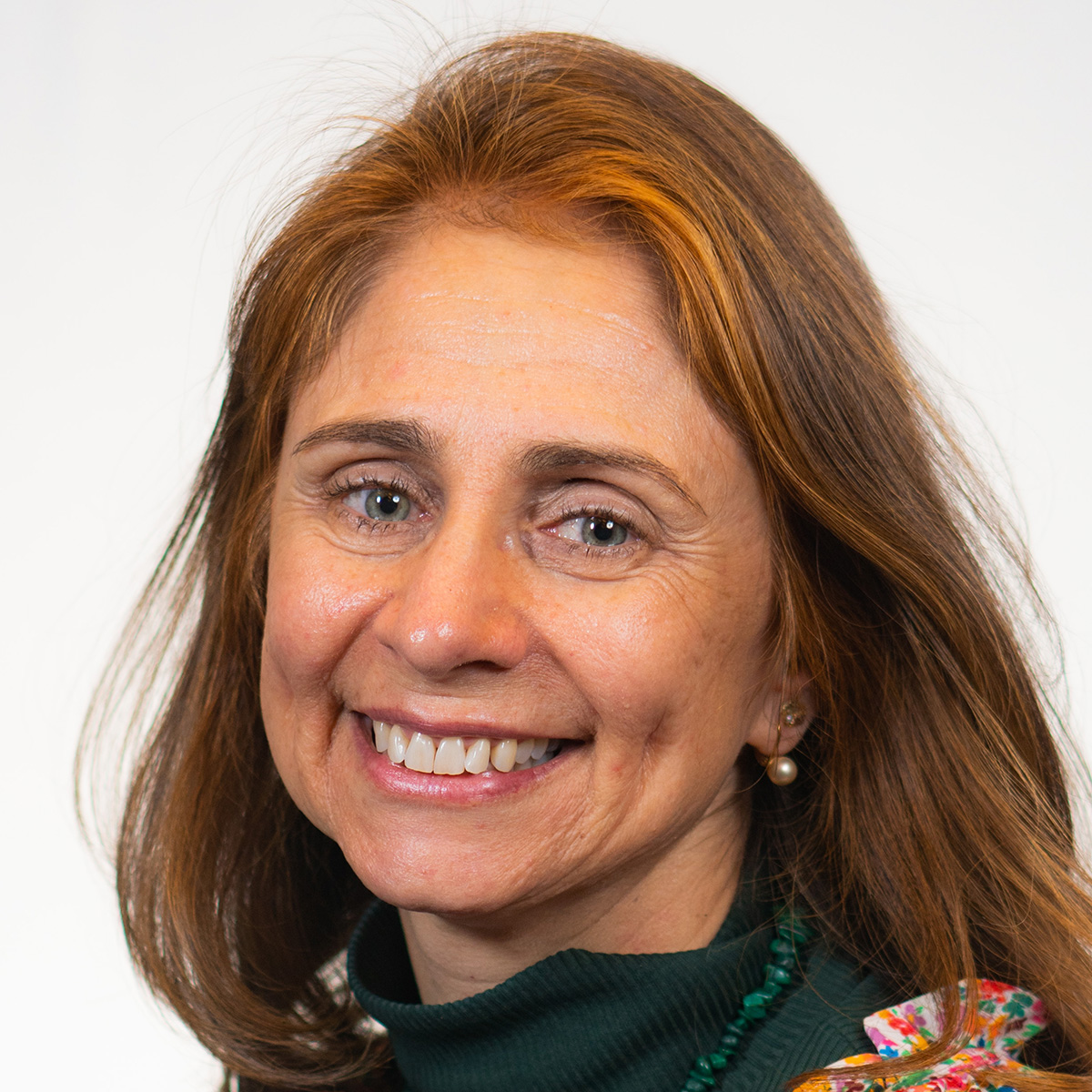As the Biden-Harris administration nears its second month in office, the challenges it faces are formidable in every area of governance — and education and public health are no exceptions.
But the good news says, Adjunct Assistant Professor of Education Basil Anthony Smikle (Ph.D. ’19), is that “thought leaders have regained prominence in decision making.”
Last week, Smikle moderated as a group of Teachers College’s own thought leaders convened for a panel discussion titled “Addressing the Agenda: Education & Public Health in the New Administration,” sponsored by the College’s Office of Special Events as part of the TC Come Together series.
[Watch a video of the full panel.]
Here are some excerpts from the event, which covered a range of topics, including:

Given the dynamics of the 2020 presidential campaign, the Biden-Harris administration may have a large reservoir of political capital to provide substantial changes in education policy.
Stimulating education reform by creating a culture of data:

Don’t underestimate the power of the bully pulpit. Shift to data that moves beyond standardized test scores to involve a broader range of indicators, borrow political capital to augment the focus on non-school activities (such as) permanent child tax credits.
A student loan forgiveness package:

We’re talking now about the number and how can it be done as opposed to whether it should happen at all. People will come down on a spectrum about what is the right number. I would emphasize that $10,000 is not going to wipe out everything. But it will absolutely do a world of good.
A centralized system of early childhood education and care:

Establish a White House Office of Children. There needs to be some entity at a very high and very visible level that makes quality, equity and coordination a priority and will stand as a way to integrate services across administrations.
Reshaping America’s approach to public health

The pandemic has really revealed the deficiencies and limitations of a public health infrastructure in this country that has been degraded for almost four decades. We are at a critical inflection point, a reckoning with our future. Much of the Biden presidency will have to focus on getting the COVID-19 pandemic under control in the short-term and laying the foundation for preventing the spread of COVID and other viruses to come in the long term.
Unconditional child tax credits:

For the first time we are seeing bipartisan support for unconditional cash transfer in the form of a child allowance that will provide families unconditional monetary support and flexibility in the way they invest in the lives of their children. It will empower families to make decisions that are best for their children and for themselves.
America’s gun violence epidemic:

We’re used to talking about gun violence, but we’re not used to doing anything about it. Gun violence is a decades-long epidemic in the United States and has to be a priority for the Biden administration because this public health crisis impacts thousands of individuals every day. We have ways to fix it. We just need political capital and will in order to do so.
Food insecurity:

The COVID-19 pandemic has brought the issue of food apartheid to the forefront. A reason low-income and people of color are more susceptible to COVID, more likely to have severe cases and more likely to die is directly related to access to food. When people have food that is calorie-rich, yet nutrient poor, it is a risk factor for high blood pressure, diabetes and heart disease. Food insecurity and limited access to health-promoting foods have major health and education consequences. And we need not to see this as a failure of individuals, but, rather, a failure of systems that need to be fixed.